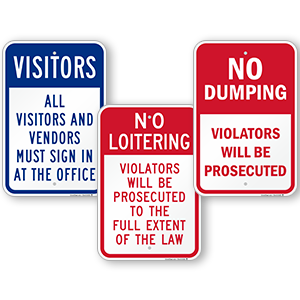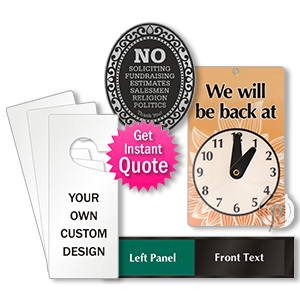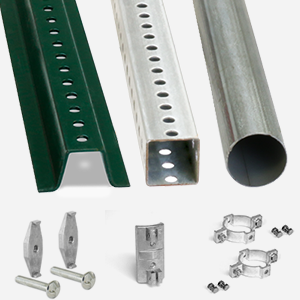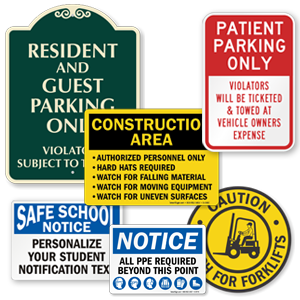This headset aims to cut down on digital distractions
What’s more distracting: The ping of a new email hitting your inbox? Or the nagging sense that your boss is monitoring your every mental move as you work on your computer?
The email situation can be addressed, so to speak. You can check it and/or silence your alerts. As for the boss acting as Big Brother, we already know that technology allows for monitoring workers’ use of the internet, but now there’s technology available to check a worker’s level of focus while on the computer. Cortex is technology on top of technology, an EEG reader meant to be worn as a headset. The device measures brain activity and determines whether a worker is focused enough on the task at hand. If not, the screen will dim. The worker won’t be able to get back on the computer until focus returns.
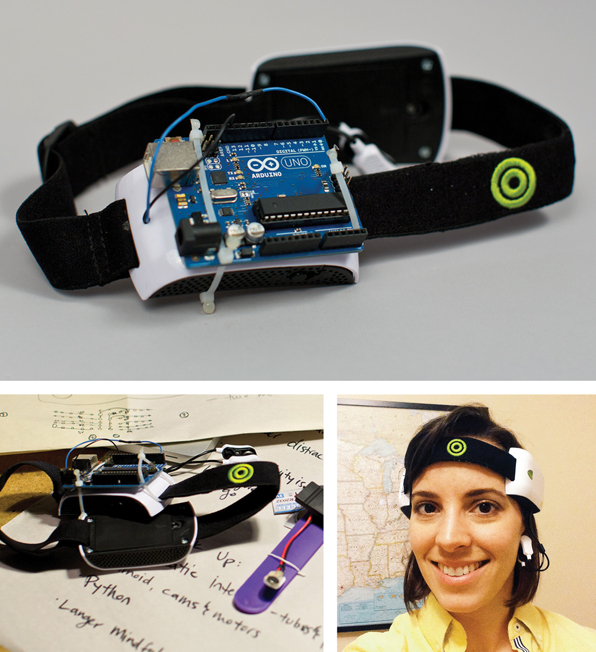
The headset lets wearers know when they’ve stopped focusing. From Products of Design, SVA.
Developer Kathryn McElroy, a user experience designer for IBM, created Cortex while studying at the School of Visual Arts, in New York City. To her credit, she wasn’t aiming to create a surveillance tool for corporate America. Her concern was exploring, “how our technology seems designed to distract us.”
It’s true that ads, notifications, texts, and other messages are constantly vying for our attention while we’re plugged in. And unplugging from technology isn’t easy these days. Computers rule both at home and at work. Smartphones ensure we’re never far from the Internet, our email, or our social networking sites for very long. It’s easy enough to see how Cortex could highlight those moments of distraction and even help workers refocus by taking a much-needed break.
But despite very real evidence that breaks are good for workers, disapproving bosses will notice workers who walk away from their computers at regular intervals. It should be noted that U.S. labor law doesn’t require companies to allow breaks (even, surprisingly, lunch breaks).
At this point, Cortex isn’t available for widespread use. For one thing, the prototype doesn’t quite do the job it sets out to do. The headset’s single sensor isn’t sensitive enough to make the technology work properly, and adding more would make the product too expensive. There are also questions about whether fighting distraction is the best way to boost productivity. Research indicates, for example, that multi-tasking—a form of distraction—can be good for creative thinking. And beyond multi-tasking, we have to wonder: What if your distracted mindset isn’t technology-related at all? Is it possible a Cortex wearer worried about a sick child at home might be locked out of his or her computer all day?
By not just suggesting but forcing breaks, wearable technologies like Cortex take away free will. And when you give technology that kind of power, you may give up more than you bargained for.




